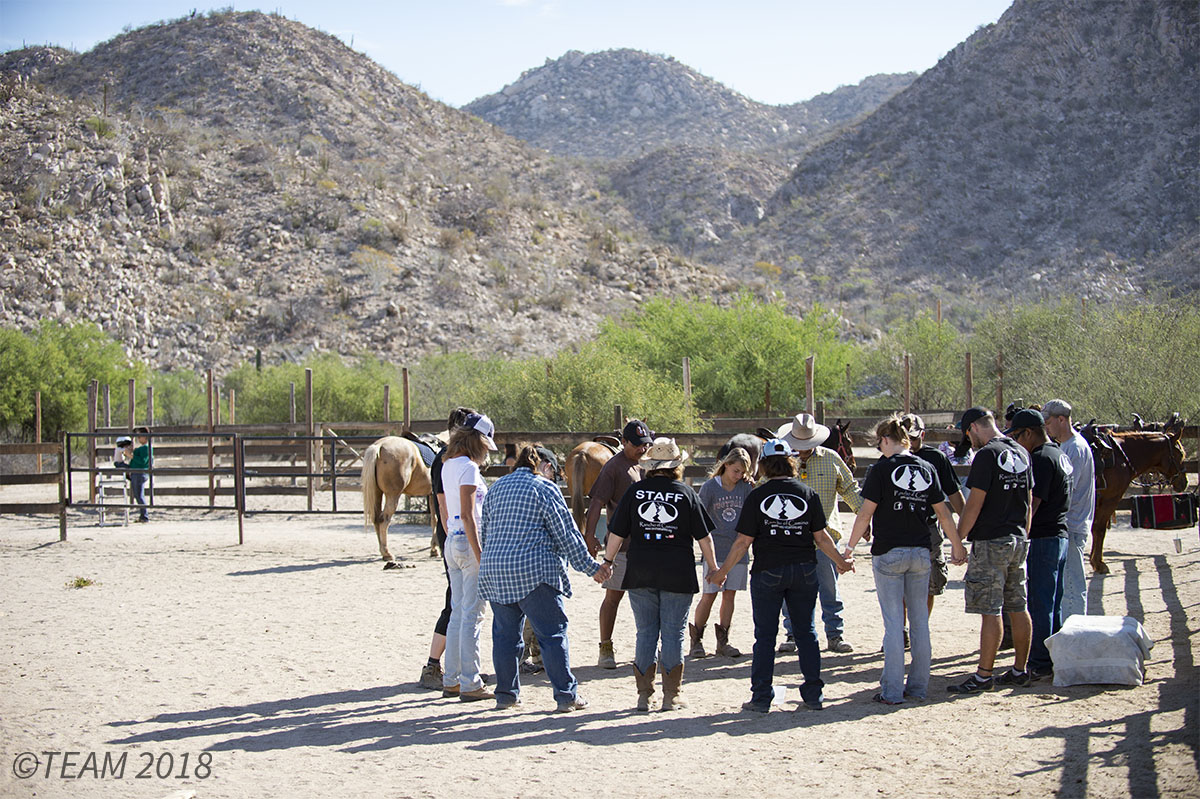
Prayer Focus
When a Middle School Dropout Finds Jesus at Camp [June Prayer Focus]
June 3, 2019
by Mark Watson

Francisco was a middle school student. He was at an age when most boys should be learning and growing. But that wasn’t his story.
At school, Francisco struggled with learning. And at home, his family struggled to make ends meet. So the decision seemed natural: Francisco would drop out of school and find a job instead.
But the only job he could find was dangerous. And paid him nearly nothing. So before long, Francisco stopped studying or working altogether.
Without an education, his future looked bleaker every day.
Francisco did have one thing going for him though: He’d been attending a Christian camp throughout his childhood. And now, that camp was starting a new program designed to help older kids finish school and grow into young men and women of God.
Through this camp, Francisco has graduated from middle school — and is about to finish high school! And here’s the best part: His experiences with missionaries at the camp throughout the years led him to accept Jesus!
Francisco is now growing in his faith and sharing his testimony with other campers, thanks to the camp missionaries who never gave up on him.
This June, we invite you to pray with us for camp ministries all around the world. From vacation Bible schools to summer camps, pray that many young lives will be touched by the Gospel.
1. Ask God to make a long-term impact on campers’ lives.

Christian camps can change kids’ lives in ways that will carry them into adulthood and give them a foundation for the rest of their lives.
Vacation Bible schools and summer camps usually only last a few days every year. But being immersed in a Christian environment can create long-lasting change in young minds and hearts, even during that short time.
Emily Johnson works as a TEAM missionary at Rancho El Camino in Mexico — the same Christian camp where Francisco discovered his faith.
“We get to see how the Lord works in young people’s lives as they come away from their daily life and experience a time of retreat with God,” says Emily. “They are removed from all the distractions of their lives at home and they have space to be with Jesus and respond to Him.”
Pray that God will impact lives for the long-term through summer camps this year. Pray that the lessons kids learn won’t just lead to temporary change, but will instead cause them to dedicate their whole lives to Jesus.
2. Ask God to provide reliable transportation for kids.
Sometimes the biggest obstacles for camps in poverty-stricken or rural communities are logistical. Just finding a way to get kids from their homes to the summer camp locations might require creative thinking.
A lot of camp ministries based in economically-disadvantaged and rural communities rely on finding enough vehicles to pick kids up for camp every day. Or on providing kids with enough change to take public transportation back and forth.
These tangible resources aren’t always easy to come by.
Pray that God will pave the way for kids from all over these communities to make it to camps this year. Pray that they’ll be able to find safe and regular transportation.
3. Pray for unity and stamina among camp staff members.

Hosting a Christian camp takes a lot of time and energy from staff and volunteers. Pray that they are physically, mentally and spiritually able to complete the work.
Often, missionaries accept interns or short-term teams to help out with summer camps and vacation Bible schools. But even with the extra hands, the days can be long and tiring. One of the most important aspects of camp-based ministries is unity among the staff. Because of the high amounts of energy that camps require, the days can become draining. And when the days become draining, it’s sometimes easy to get annoyed with others working alongside you.
Pray that the Holy Spirit will ward off feelings of divisiveness among camp staff members this year. Pray for an abundance of renewed energy levels and patience — and ultimately, for staff members to set Christlike examples for the kids around them.

